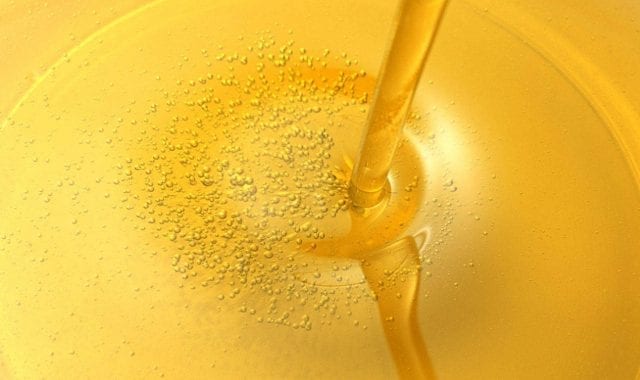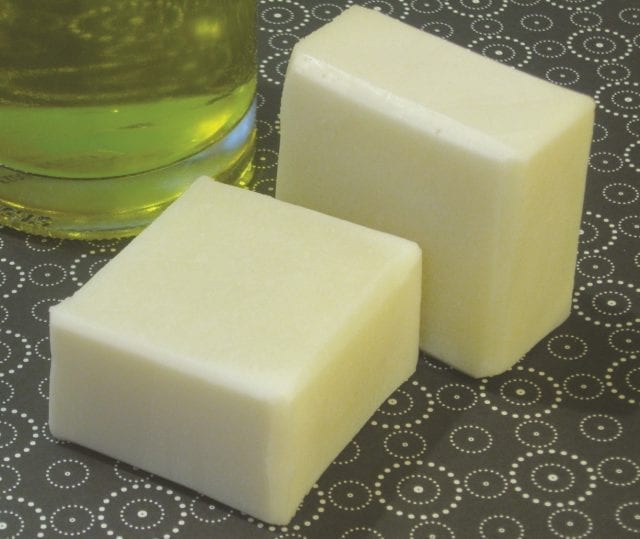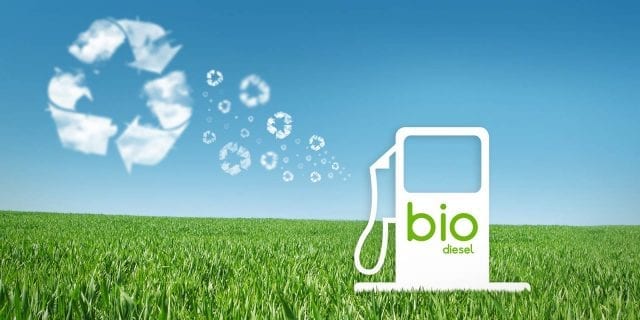
Recycling of used cooking oil is picking up globally as individual households, businesses, and industries look towards reducing their carbon footprint. Poorly disposed cooking oil has seriously negative environmental consequences further worsening global environmental degradation. Also, improper disposal of the oil also poses negative economic effects as a large outlay of capital is required to repair and maintain oil clogged pipes and sewage systems.
This is why recycling of this waste product is essential, and every household and business should look into effective ways of recycling the used cooking oil. The following are some creative ways of doing this in a bid to mitigate the hazardous environmental risks posed by the used cooking oil as well as associated clean-up and repair costs.

1. Turn it into soap
One of the most effective ways of Used oil recycling is turning this waste product into soap. To turn it into soap, the oil needs to be filtered thoroughly and removed of any solids. Households can do this as DIY projects, where they use simple tools to transform the used oil into soap. Alternatively, the households can purchase soaps manufactured from used cooking oil from companies that specialize in this type of business. The households can use this soap for their daily use.
Businesses such as restaurants should also look into ways of transforming the used oil they produce into soap. This soap can then be used for the washing of utensils, floors, and walls, saving the establishment of the cost of having to purchase soap for normal business use.
2. Pest control
Another affordable and effective recycling option for used cooking oil is to use it as a means of pest control. It has been found that used cooking oil is an effective deterrent for household and business pests such as ants. Hence, if you have a pest problem in your home or business, pour some used cooking oil at the location of the ants and watch this menace completely disappear. It is effective because the oil is poisonous to the ants.

3. Fuel for Oil Lamps
During a prolonged power outage, oil lamps are more efficient than flashlights. The flashlights will go off once the batteries are dead, but an oil lamp can continue providing light for a considerable amount of time as long as there is oil to power this operation.
To prepare yourself adequately for a prolonged power outage, you can store and recycle a significant amount of the vegetable oil you have already used, and that cannot be re-used in cooking again. Vegetable oil is known to be a very good source of fuel for oil lamps.
To store your used cooking oil in order to use it as lamp fuel at another time, make sure you filter it thoroughly first, to remove any solid elements. Next, store the filtered oil in non-breakable, sealable jars. It is important that the jars be non-breakable so that you do not accidentally drop it, and have the oil spill out, creating a serious mess, and rendering the oil unusable.
The jars should also be sealable to prevent any contaminants from mixing with the oil and making it unsuitable to be used as fuel.

4. Diesel and Biofuel
Businesses such as restaurants as well as industrial food manufacturers can transform the used vegetable oil that they produce daily into clean diesel that can fuel their machines, as well as a biofuel that can fuel their cooking activities. They can even sell the surplus fuel that they produce.
Scientific research and industrial experiments have shown that used vegetable cooking oil burns much more cleanly than fossil fuels, meaning that it will have a lesser environmental impact than fossil fuels.






